Physiotherapy is a type of therapy that focuses on physically rehabilitating individuals affected by illness, injury, or disability. This type of therapy can be incredibly beneficial for individuals looking to improve their physical health and well-being.
One of the primary benefits of physiotherapy is that it can help individuals to reduce pain and discomfort. Physiotherapists are trained to use a variety of techniques, including exercise, massage, and other forms of manual therapy, to help alleviate pain and discomfort in the muscles and joints. This can be especially helpful for individuals who are suffering from chronic pain conditions, such as arthritis or fibromyalgia, as well as for those who have recently undergone surgery or experienced an injury.
Another key benefit of physiotherapy is that it can help individuals to improve their mobility and flexibility. Through a combination of stretching and strengthening exercises, physiotherapists can help individuals to improve the range of motion in their joints and increase their overall flexibility. This can be especially important for individuals who have limited mobility due to a chronic condition or injury, as it can help them to maintain their independence and improve their quality of life.
In addition to reducing pain and improving mobility, physiotherapy can also help individuals to prevent future injuries and improve their overall health and wellbeing. By teaching individuals proper techniques for lifting, carrying, and moving, physiotherapists can help individuals to avoid straining their muscles and joints, which can lead to further injury. Furthermore, by providing individuals with a tailored exercise program, physiotherapists can help individuals to improve their overall fitness and health, which can reduce their risk of developing chronic conditions and improve their overall wellbeing.
Overall, physiotherapy can be an incredibly beneficial therapy for individuals looking to improve their physical health and well-being. By reducing pain, improving mobility, and preventing future injuries, physiotherapy can help individuals to maintain their independence and improve their quality of life.
When looking for a physiotherapist on the Costa del Sol, you may come across many physical therapists and people calling themselves physios, but many lack the necessary qualifications and experience. At Costa Health, we understand the importance of transparency and quality in healthcare. That’s why we pride ourselves on the expertise and qualifications of our practitioners.
Daniele, one of our physiotherapists, graduated from King’s College London in 2014 with an MSc degree in Advanced Neuromusculoskeletal Physiotherapy. He has extensive private practice experience in London, working alongside surgeons and becoming an expert in various areas of physiotherapy. His areas of expertise include shoulder and knee pain, and he is highly knowledgeable in these areas. We are fortunate to have such an expert on our team at Costa Health.
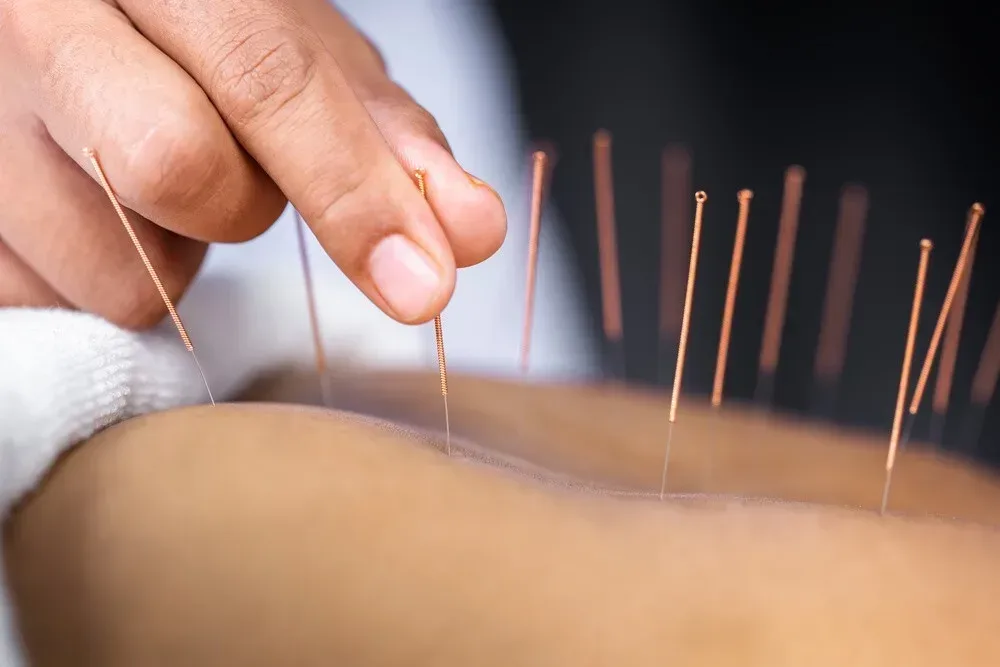
Medical Acupuncture and Dry Needling are advanced therapeutic techniques extensively utilised within physiotherapy to alleviate pain and enhance tissue healing. Both modalities involve the insertion of fine needles into specific points on the body, yet they stem from different theoretical foundations. Medical Acupuncture, rooted in traditional Chinese medicine, aims to restore balance and flow within the body's energy pathways. In contrast, Dry Needling, grounded in Western medical principles, targets myofascial trigger points to relieve muscle tension and pain.
These interventions are particularly beneficial for patients experiencing chronic pain conditions, such as osteoarthritis, migraines, and muscular dysfunctions. These techniques can significantly reduce discomfort, improve mobility, and facilitate a quicker return to normal activities by stimulating the body's natural pain-relieving mechanisms. Additionally, they offer a non-pharmacological option for pain management, appealing to individuals seeking alternatives to conventional medication. As part of a comprehensive physiotherapy programme, Medical Acupuncture and Dry Needling can be pivotal in enhancing overall well-being and quality of life.
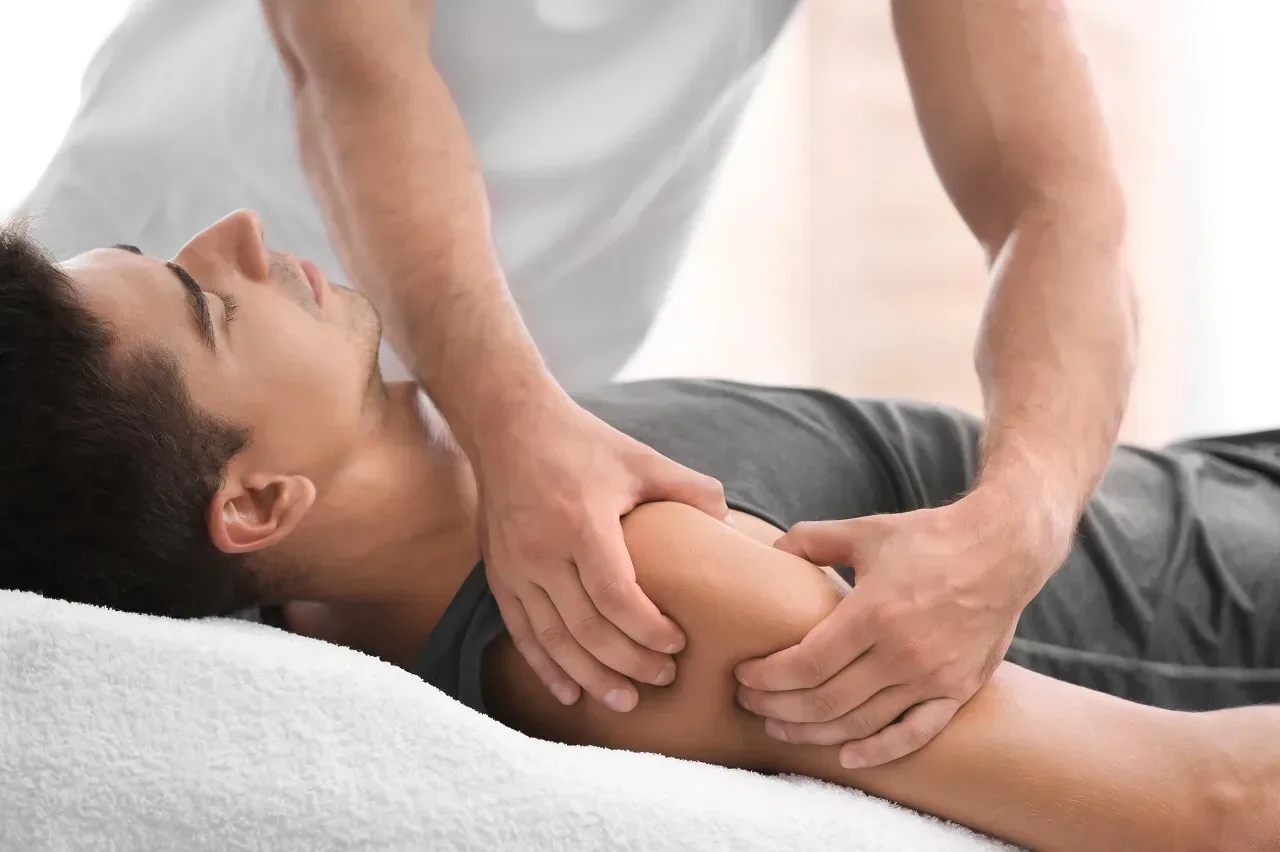
Manual Therapy is a cornerstone of physiotherapy practice, involving hands-on techniques to manipulate muscles and joints, to decrease pain, improve range of motion, and facilitating movement. This approach is founded on a detailed understanding of anatomy, physiology, and biomechanics, allowing physiotherapists to tailor interventions to each patient's specific needs. Techniques such as massage, mobilisation, and manipulation are skillfully applied to target areas of stiffness, tension, or misalignment, promoting optimal function and facilitating the body's healing processes.
The benefits of Manual Therapy are manifold, offering immediate relief from musculoskeletal pain and chronic conditions, enhancing tissue elasticity, and improving joint mobility. Furthermore, it plays a crucial role in rehabilitation, aiding in the recovery from injuries and surgeries by restoring movement patterns and preventing future problems. By integrating Manual Therapy into treatment plans, physiotherapists can offer a holistic approach to patient care, addressing the root causes of discomfort and paving the way for a swift and effective recovery. This personalised and hands-on approach accelerates the healing process and empowers patients with the knowledge and strategies to maintain their health and prevent recurrences.
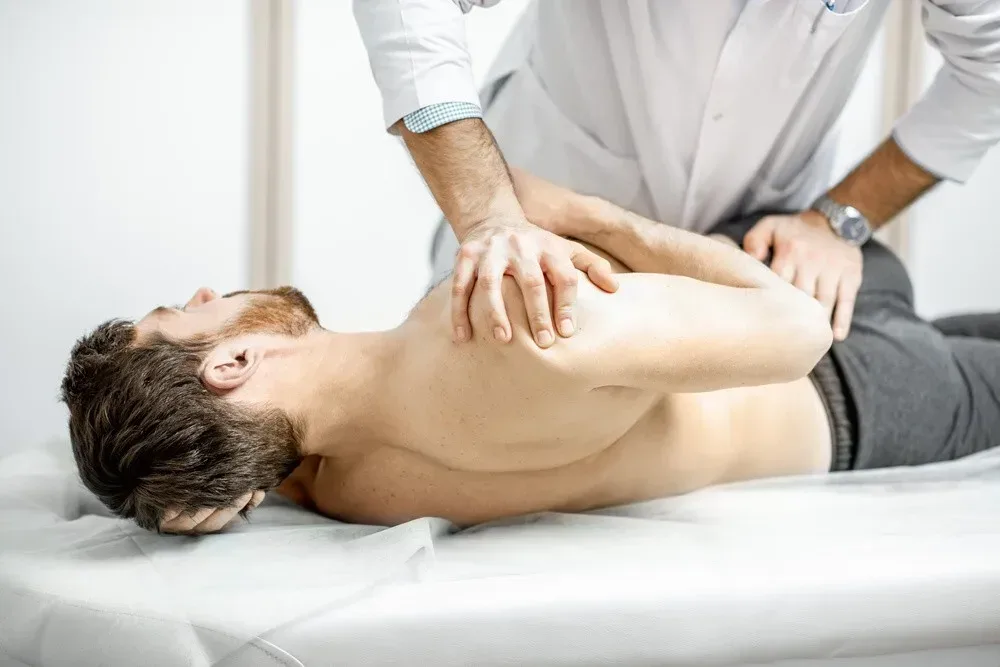
Spinal Manipulation Therapy (SMT) is a specialised form of manual therapy that focuses on the precise application of controlled force to the vertebrae, aiming to restore optimal movement and alignment of the spine. This technique is particularly effective in addressing conditions related to spinal dysfunction, such as lower back pain, neck pain, and sciatica. By carefully adjusting the position of spinal joints, SMT can alleviate pressure on the nervous system, reduce inflammation, and enhance musculoskeletal function. The therapy is grounded in a deep understanding of spinal biomechanics and requires a high level of skill and precision to ensure safety and efficacy.
The benefits of Spinal Manipulation Therapy extend beyond immediate pain relief. It has been shown to improve range of motion, increase flexibility, and promote better posture. Moreover, SMT can have a profound impact on overall well-being, reducing the need for medication and preventing chronic conditions from developing or worsening. As part of a comprehensive physiotherapy programme, Spinal Manipulation Therapy offers a non-invasive option for patients seeking to overcome spinal and musculoskeletal challenges. It plays a vital role in a holistic approach to health care, enabling patients to achieve improved mobility and quality of life without resorting to surgical interventions.
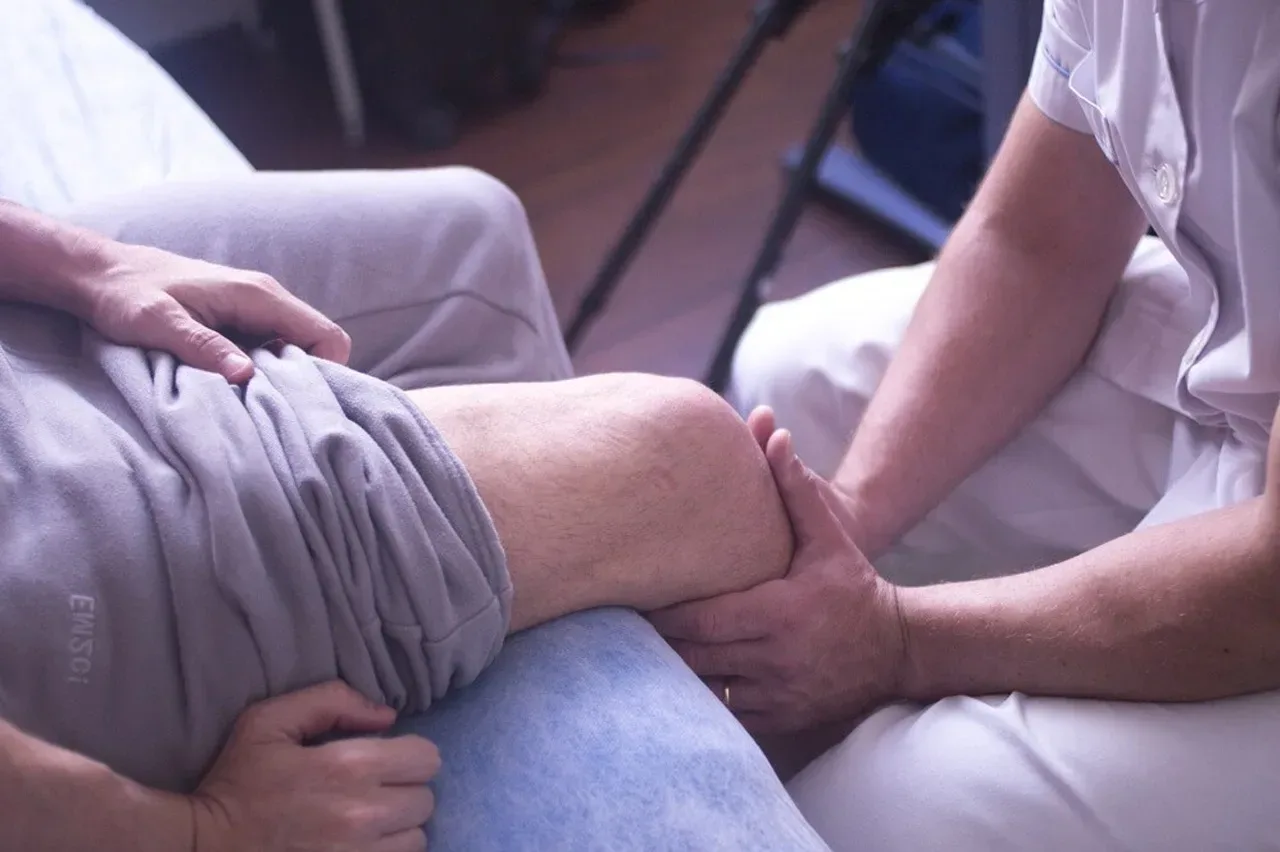
Post-surgery rehabilitation is a critical component of the recovery process following surgical interventions. It encompasses a structured programme of physiotherapy designed to aid in restoring function, strength, and mobility in the affected areas. This rehabilitative process is tailored to each patient's individual needs, taking into account the type of surgery performed and the patient's overall health status. The primary goal is to ensure a safe and effective return to daily activities, work, and sports, minimising the risk of complications and promoting optimal healing.
The benefits of engaging in a comprehensive Post-Surgery Rehabilitation programme are significant. It accelerates the recovery timeline by facilitating the healing of surgical wounds, reducing swelling and pain, and preventing scar tissue formation that can limit movement. Additionally, it addresses any compensatory patterns that may develop from trying to avoid post-surgical pain, ensuring that patients regain full function and mobility. Through manual therapy, therapeutic exercises, and education on proper body mechanics, patients are equipped with the tools and knowledge necessary to maintain their health and prevent future injuries. This approach optimises the surgical outcome and enhances the patient's overall quality of life, enabling a smoother and more confident transition back to their pre-surgery activities.

A Body MOT, akin to the annual check-up for a vehicle, is a comprehensive health and fitness assessment designed to evaluate various aspects of an individual's physical well-being. This holistic approach encompasses a range of tests and evaluations, including posture analysis, flexibility, strength, cardiovascular fitness, and body composition. The primary objective of a Body MOT is to identify any areas of concern or potential risk factors that could affect an individual's health and physical performance. By gaining a detailed understanding of their current physical condition, individuals can make informed decisions about their lifestyle, exercise regimen, and any necessary interventions to improve their health and well-being.
The benefits of undergoing a Body MOT are multifold. It not only provides a snapshot of one's current health status but also sets a baseline for tracking progress over time. This assessment can uncover hidden health issues, allowing for early intervention and prevention strategies to be implemented. Furthermore, the insights gained from a Body MOT can guide the development of a personalised exercise and wellness plan tailored to address specific needs and goals. This proactive approach empowers individuals to take charge of their health, enhancing their quality of life and reducing the risk of chronic diseases. For those looking to optimise their physical health, improve fitness levels, or recover from an injury, a Body MOT offers a valuable starting point for a journey towards enhanced health and vitality.
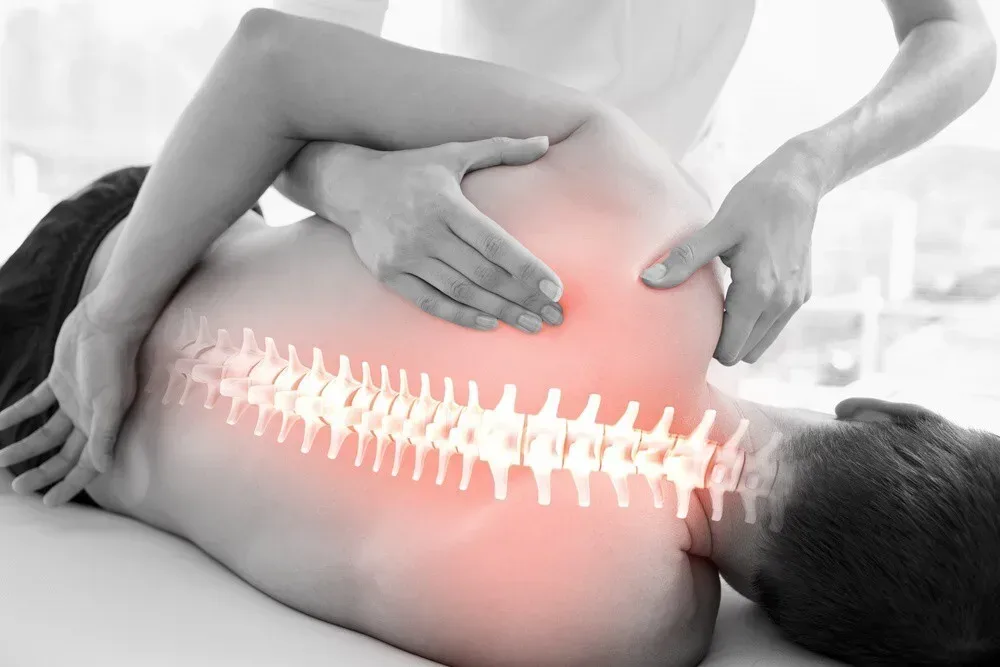
Exercise Therapy is a scientifically backed approach within physiotherapy that utilises targeted physical activities and exercises to aid in rehabilitating and managing injuries, diseases, and chronic conditions. This form of therapy is grounded in the principles of biomechanics, physiology, and anatomy, enabling physiotherapists to design bespoke exercise programmes that address each patient's specific needs and goals. The primary aim of Exercise Therapy is to restore optimal physical function, enhance mobility, and improve overall health and fitness levels. By carefully selecting and prescribing exercises, physiotherapists can help individuals recover from injuries, manage pain, and mitigate the impact of chronic health conditions.
The benefits of Exercise Therapy are extensive and multifaceted. It plays a crucial role in strengthening muscles, increasing flexibility, improving cardiovascular health, and boosting endurance. Moreover, it contributes significantly to mental well-being, reducing symptoms of depression and anxiety that often accompany physical health issues. Exercise Therapy is also pivotal in preventing the recurrence of injuries and in managing conditions such as arthritis, diabetes, and heart disease. Patients are empowered to take an active role in their recovery and health maintenance through a personalised and progressive exercise plan. This approach facilitates a quicker return to daily activities and sports and instils a long-term commitment to a healthy and active lifestyle.
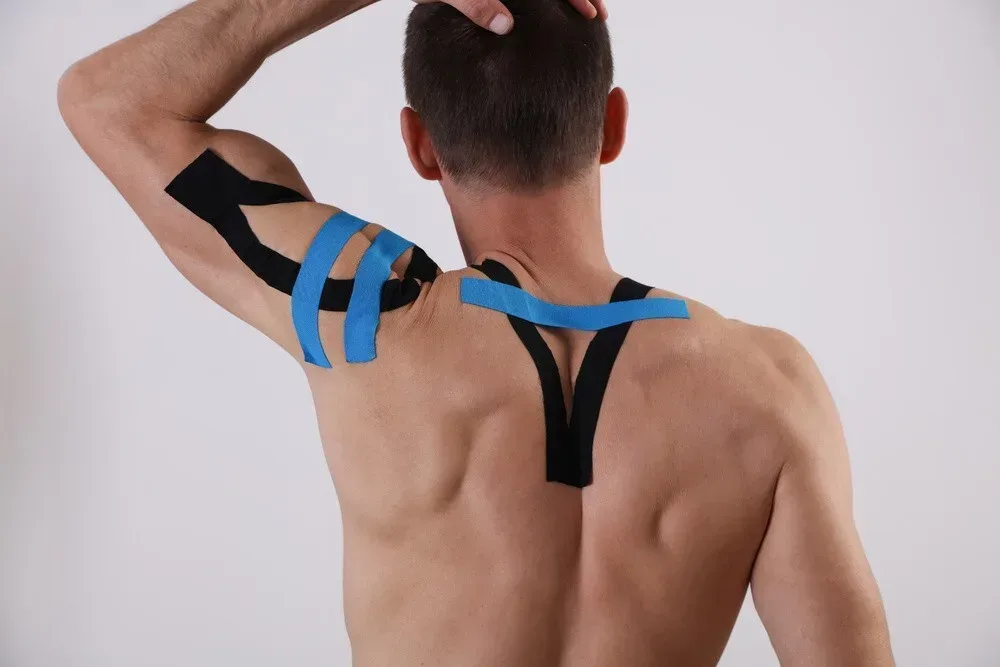
Kinesio Taping is an innovative therapeutic technique that involves the application of a special elastic tape to the skin, designed to mimic the properties of human skin. This method is widely used in physiotherapy to support and stabilise muscles and joints without restricting the body's range of motion. Developed to alleviate pain and facilitate the body's natural healing process, Kinesio Taping provides physical and neurological support to patients. The unique elasticity of the tape gently lifts the skin, enhancing lymphatic and blood circulation to the taped areas. This process not only reduces inflammation and swelling but also aids in the reduction of pain.
The versatility of Kinesio Taping makes it an invaluable tool for a wide array of conditions, from acute injuries to chronic pain and postural disorders. Its benefits extend to enhancing athletic performance by supporting vulnerable areas, thus preventing injury and optimising physical ability. Furthermore, it can be used in rehabilitation programmes to accelerate recovery times and improve functional movement patterns. By integrating Kinesio Taping into treatment plans, physiotherapists can offer a non-invasive and drug-free option that empowers patients to participate in their recovery while actively maintaining an active lifestyle. This approach facilitates immediate relief and contributes to long-term health and well-being, making Kinesio Taping a preferred choice for patients seeking holistic and effective physiotherapy interventions.
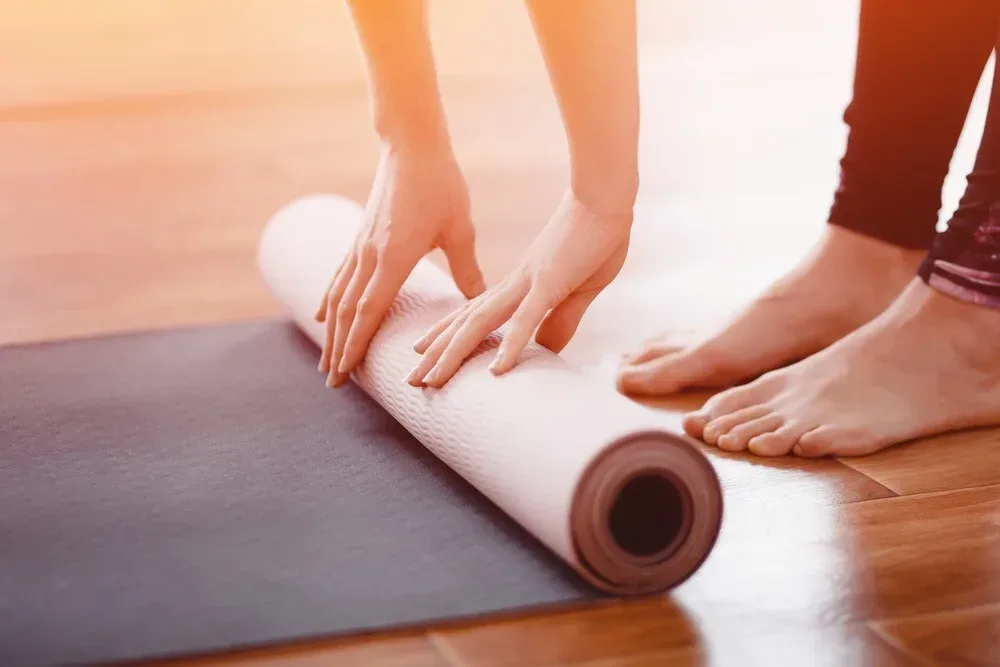
Mat work Pilates is a form of exercise focusing on core strength, flexibility, balance, and posture. Originating from the principles established by Joseph Pilates in the early 20th century, this discipline emphasises the importance of mind-body connection, controlled movements, and breathing techniques. Conducted primarily on a mat, it utilises the body's resistance to engage specific muscle groups, focusing on the 'powerhouse' or core muscles of the abdominal region, lower back, hips, and glutes. Mat work Pilates is accessible to individuals of all fitness levels, offering modifications and progressions to accommodate beginners through to advanced practitioners.
Incorporating Mat work Pilates into physiotherapy provides a holistic patient rehabilitation and fitness enhancement approach. Its benefits are manifold; it not only aids in the recovery from injuries by strengthening the muscles around the affected areas but also plays a crucial role in injury prevention by improving posture and alignment. Furthermore, Mat work Pilates enhances body awareness, allowing individuals to perform daily activities with greater efficiency and less risk of injury. Mat work Pilates offers a gentle yet effective option for those recovering from musculoskeletal injuries or looking to improve their physical well-being, promoting a balanced and healthy body. By integrating these principles into physiotherapy programmes, therapists can support their patients in achieving optimal functional performance and an improved quality of life.
Physiotherapists are skilled healthcare professionals who manage various conditions primarily affecting the musculoskeletal system. This includes back and neck pain, sports injuries, arthritis, and post-surgery rehabilitation. They also have expertise in managing neurological conditions (such as stroke), respiratory conditions, and chronic health conditions like diabetes and heart disease. Treatment aims to alleviate pain, improve mobility, and enhance the quality of life through personalised rehabilitation programmes.
You can access physiotherapy services directly without a referral from a GP. This direct access aims to provide quicker assistance, reducing the waiting time for treatment. However, a GP referral may be required for some insurance policies or specialised services. It's always best to check beforehand with your insurance provider or the physiotherapy clinic.
Your first appointment will involve a comprehensive assessment to diagnose your condition. This includes discussing your medical history, symptoms, and any specific concerns you have. The physiotherapist will perform a physical examination to assess your movement and function. Following this, they will discuss a tailored treatment plan with you, which may include manual therapy, exercise prescriptions, and advice for at-home care.
A typical physiotherapy session lasts between 30 and 60 minutes, depending on the complexity of the condition and the type of interventions being applied. Your physiotherapist will inform you about the expected duration of your sessions and the overall treatment plan during your initial assessment.
Physiotherapy aims to relieve pain and improve function, but some treatments or exercises may cause discomfort, especially when initiating movement in immobile areas. Your physiotherapist will work with you to ensure treatments are as comfortable as possible and adjust your programme based on your feedback and pain levels.
The number of physiotherapy sessions required varies widely depending on the individual's condition, severity, and response to treatment. After your initial assessment, your physiotherapist will provide an estimated treatment plan. Some conditions may see improvement within a few sessions, while others, particularly chronic issues, may require a longer-term approach. Continuous assessment is part of the process, allowing adjustments to the plan as needed.